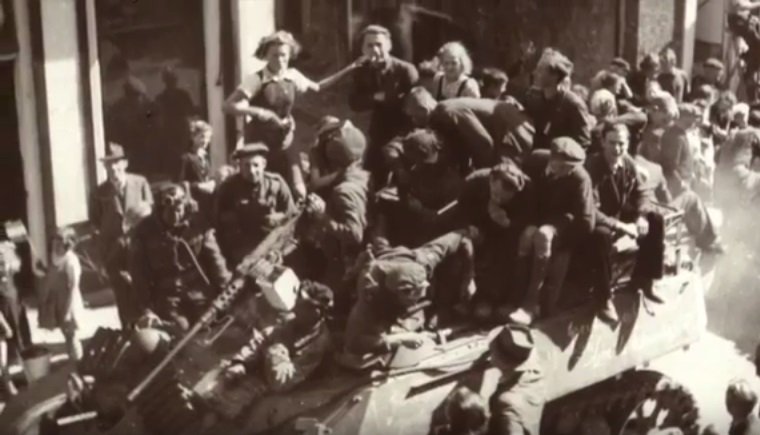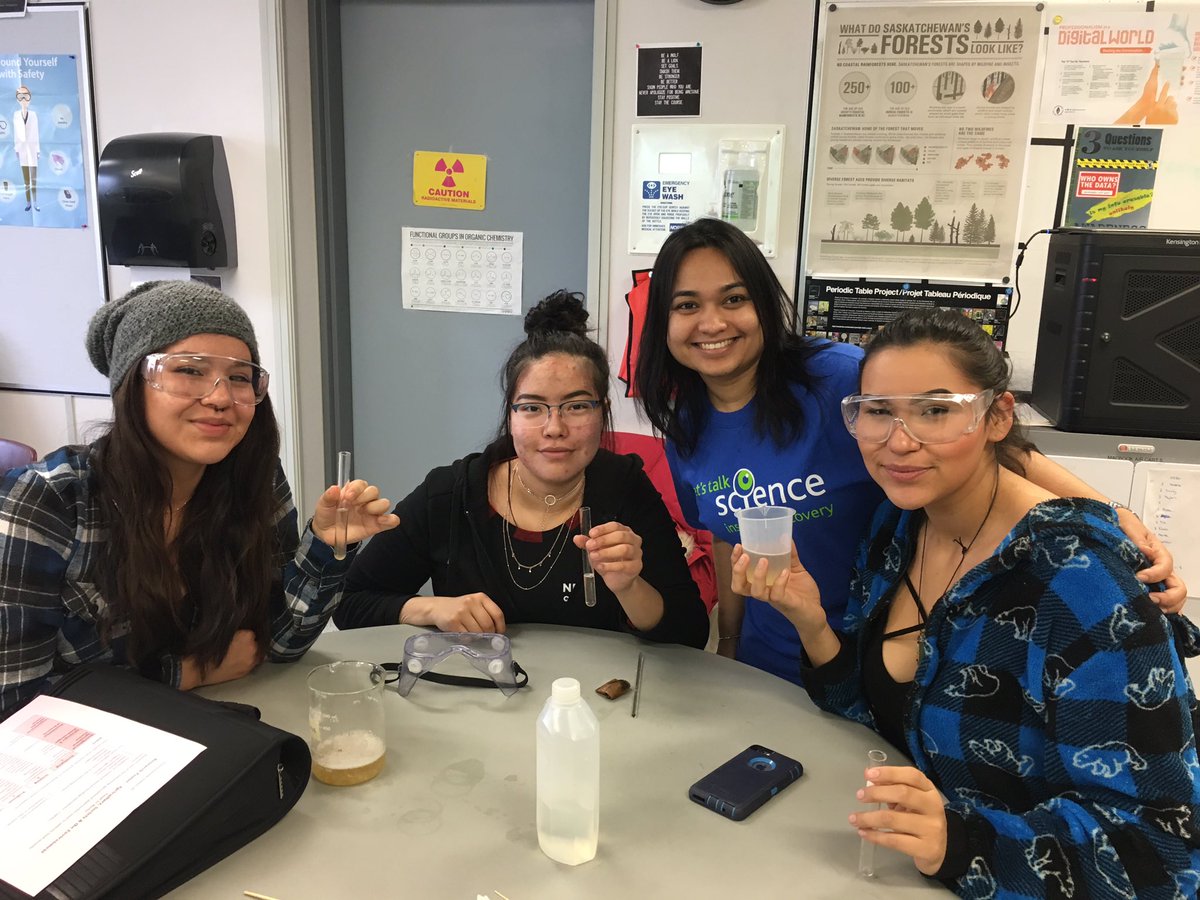We were living in limbo. Even the wandering loners had disappeared. It was a strange feeling, waiting almost breathlessly for the next phase. Nobody could predict exactly when and how it would present itself.
My colleagues Maaike and Truus had the day off.
“Have fun!” I shouted. “And bring back a couple of Canadians!”
“Well done,” I said.
Gasping for breath they told me they’d seen two tanks coming from ‘t Harde. “But they turned back when they saw us!”
I wanted to rub it in some more, but then I heard a strange rumbling.
Then he raced off, peddling like a madman.
We stood waving in a little group, shouting like crazy.
So I barked at them: “Hey!”
They took a step back.
“That’s not how we treat people here. Bring a crate or ladder next time. And help them up, if need be.”







